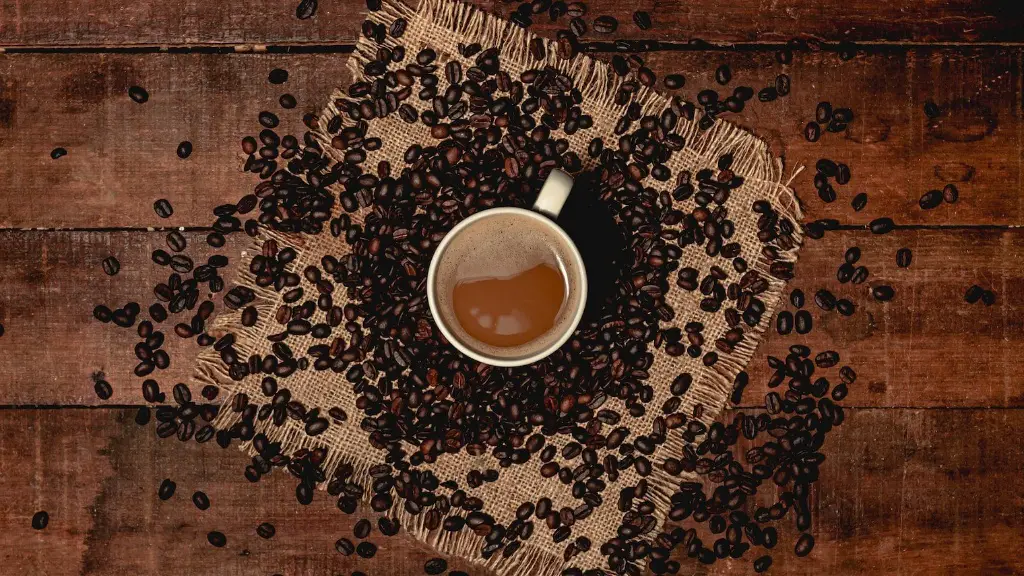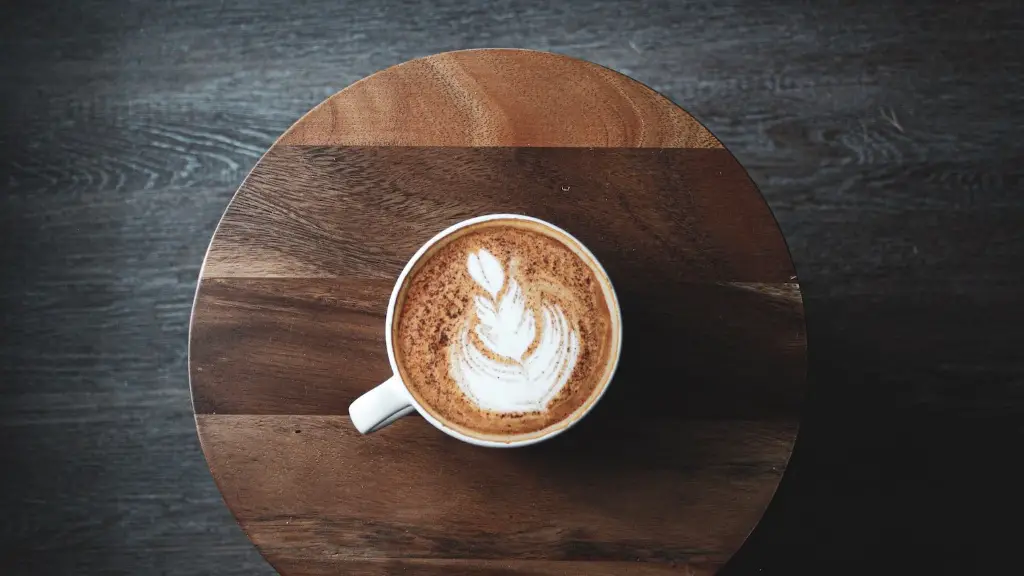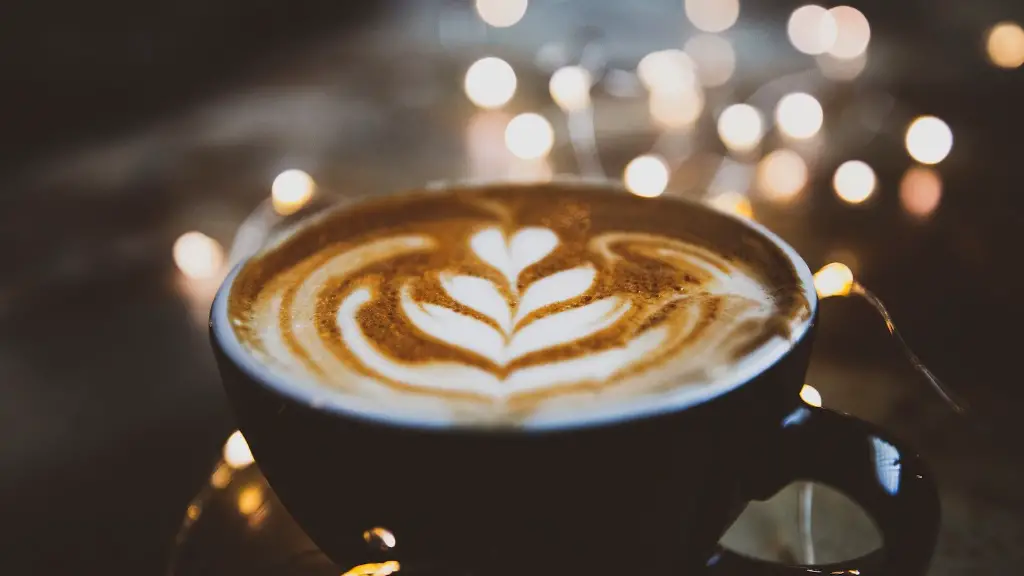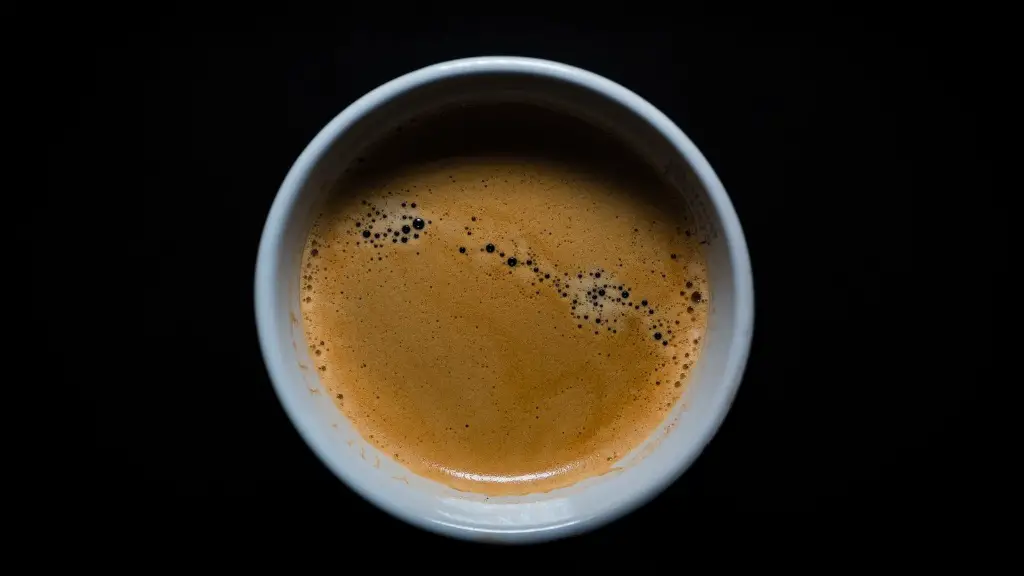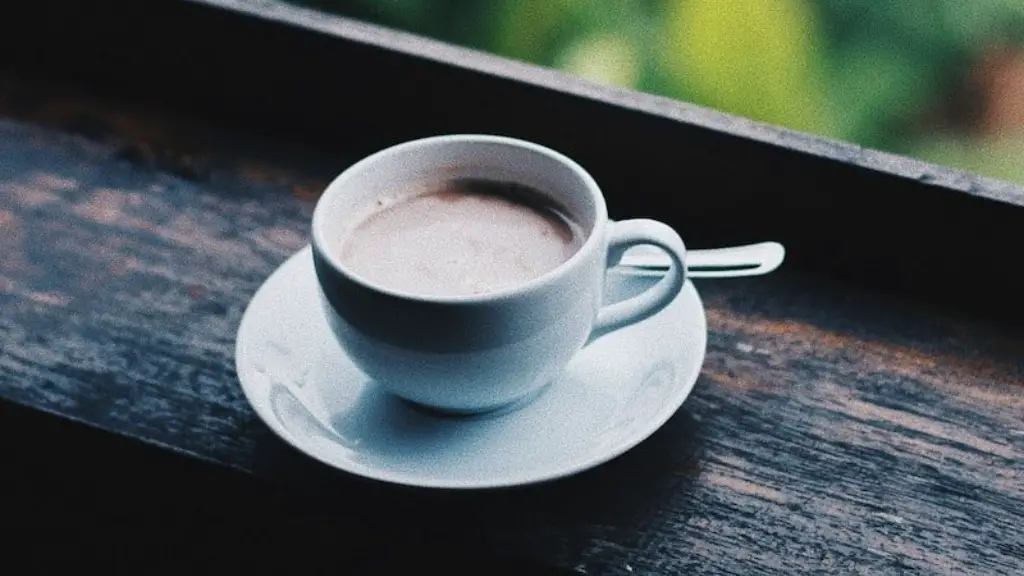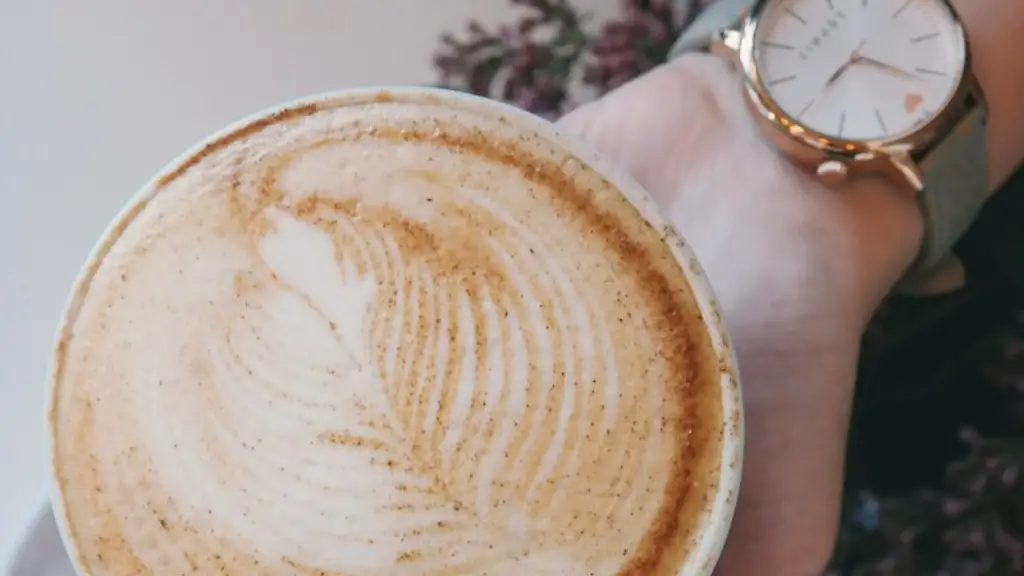Coffee beans are naturally high in caffeine. However, over time, they lose caffeine. This is why old coffee beans often taste weaker than fresh beans. The longer coffee beans are stored, the more caffeine they lose.
Yes, coffee beans do lose caffeine over time. The longer they are stored, the more caffeine they will lose.
How long does caffeine last in coffee beans?
Caffeine is a chemical compound that is found in coffee beans. It is a stimulant that can have effects on the body, including increased alertness and energy. Caffeine is present in roasted coffee beans for a minimum of 4 years. This is how long the unprocessed caffeine in the beans is stable for. It starts to break down a bit, but very very slowly after the initial 4 years. The same applies for ground coffee.
Coffee beans will start to lose their flavor after about three to four weeks of being exposed to air. Ground coffee will start to lose its flavor after about two weeks.
Can you drink 2 year old coffee beans
Old coffee beans are safe to drink. They won’t taste as good as fresh beans, but they won’t make you sick.
Coffee grounds will pretty much stay safe to drink indefinitely, barring any mold in the bag or a funky smell. But, at the end of the day, the coffee-drinking experience is more about the taste than anything else. So, if you don’t like how your coffee tastes, then you might as well dump it.
Are coffee beans good after 3 years?
If you want your coffee beans to stay fresh for as long as possible, store them in an airtight container in a cool, dry area at or below room temperature. Stored properly, coffee beans can stay fresh for up to 9 months, although their quality will slowly degrade over this time.
Coffee beans will last longer than ground coffee. An unopened pack will last for 6-9 months. However, even once opened, expect the beans to taste reasonable for six months. If frozen, roasted coffee beans last at least two years.
Is day old coffee just strong?
If you’re looking for the best-tasting coffee, it’s worth waiting for a fresh brew. However, if you’re just looking for a drinkable coffee, day-old coffee is still okay. Just be aware that it might not taste as great as a fresh cup and could leave a sour taste in your mouth. Unless, of course, you’re making cold brew coffee. Then it’s completely fine (and might even be better) to wait a day before having it.
Coffee beans should be enjoyed fresh for the best taste experience. Although they will last for a year unopened, they will slowly lose their flavour and freshness over time. It is best to only buy what you need so you can be sure your coffee is always tasting its best.
How can you tell if coffee beans are stale
After grinding the beans, you can try rubbing the coffee between your fingers. You should be able to feel some moisture (oils) with fresher coffee beans. Stale coffee will feel grainy, dry, and not stick together at all, which is a good sign the coffee has exceeded its optimal freshness period.
If you’re planning on using coffee beans within the next few weeks, it’s best not to freeze or refrigerate them. This is because exposure to dampness and smells from other foods can cause them to go off. Instead, store coffee beans in an opaque, airtight container and keep it in a cool, dark place, away from any heat sources.
Is it OK if a 10 year old drink coffee?
Caffeine is a stimulant that can have negative effects on children and adolescents. Caffeine can disrupt normal sleeping patterns and can cause anxiety and restlessness. It is also possible for someone to develop a caffeine dependency. The American Academy of Pediatrics recommends that children and adolescents consume no more than 100 milligrams of caffeine per day.
There’s no doubting that fresh coffee is the best coffee. If your coffee is starting to smell a bit off, it’s probably time to throw it out. Not only will it taste flat, but the smell will be unappealing as well.
What happens if a 7 year old drinks coffee
Caffeine consumption is often thought of as harmless, but it can actually have some serious side effects, especially for children. Too much caffeine can cause an increase in heart rate and blood pressure, contribute to acid reflux, and cause anxiety and sleep disturbances. Children’s bodies are not equipped to handle large amounts of caffeine, so it’s important to be mindful of their intake. If you notice your child is having any of these side effects, cut back on their caffeine consumption to avoid further problems.
Beans are best stored in an opaque, air-tight container at room temperature. The container should be placed in a cool, dry place away from direct sunlight.
How often should you replace coffee beans?
Assuming it’s kept in a cool, dry place, coffee is usually safe to drink for six months after roasting. It won’t taste as good as it originally did, but you can still brew it. Of course, you don’t have to drink old coffee. There are many creative ways to use up beans that have been lying around for several months.
If you want to maximize coffee freshness, you should buy whole bean coffee and only grind your coffee beans right before you brew. Ground coffee loses freshness much faster than whole bean coffee, so it’s best to grind right before you brew. This way, you’ll always have fresh, delicious coffee!
Warp Up
No, coffee beans do not lose caffeine over time.
Coffee beans do not lose caffeine over time. The caffeine in coffee beans is what gives coffee its unique flavor and energizing properties.
